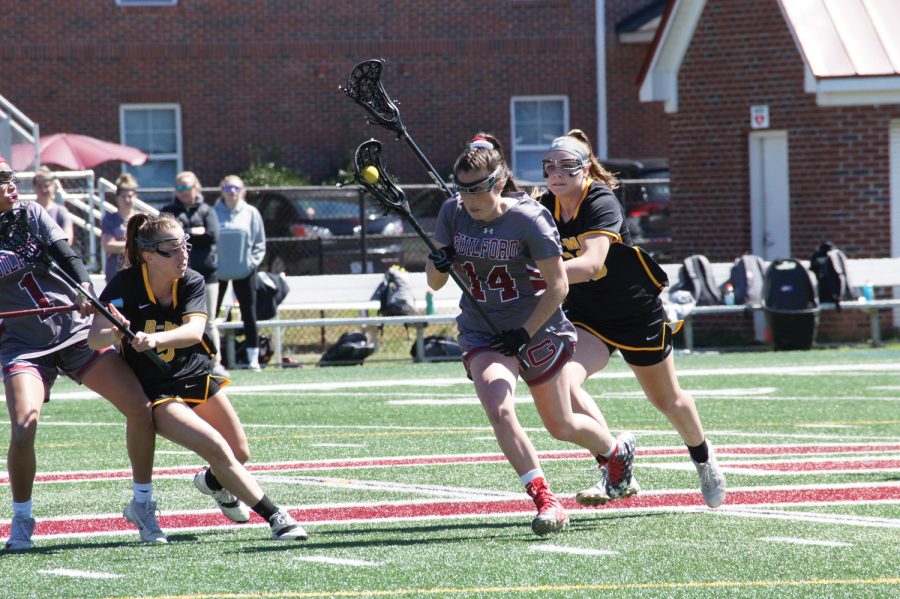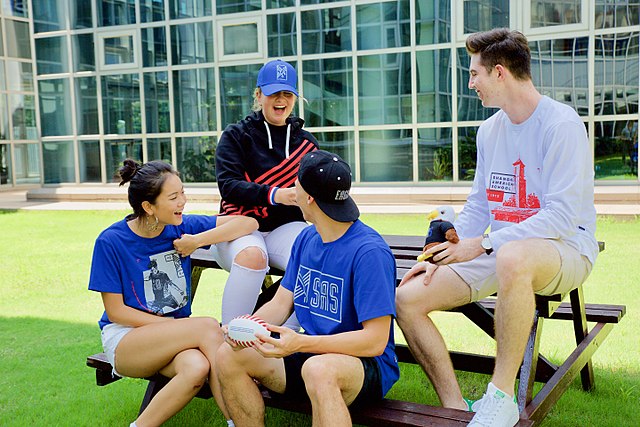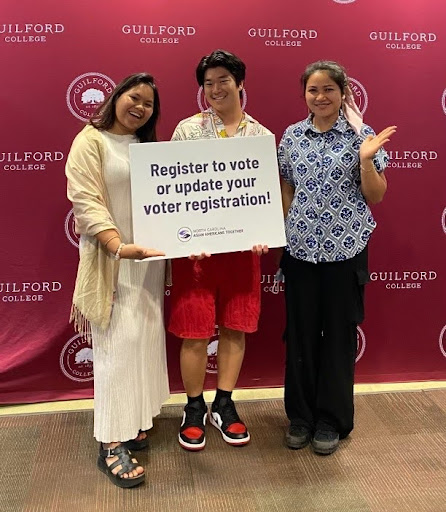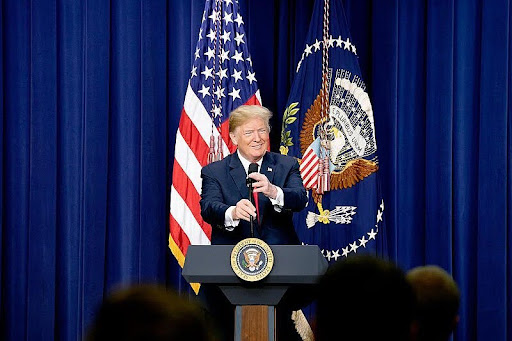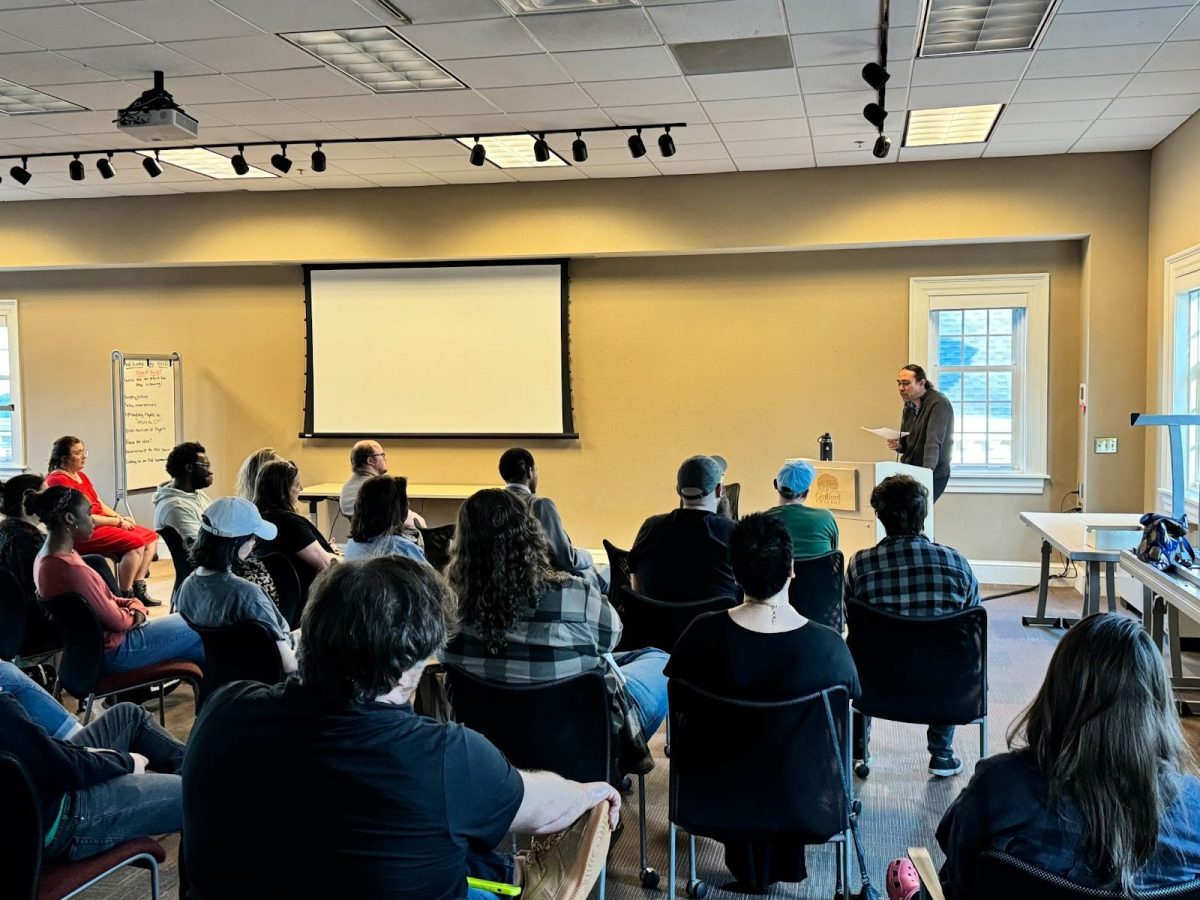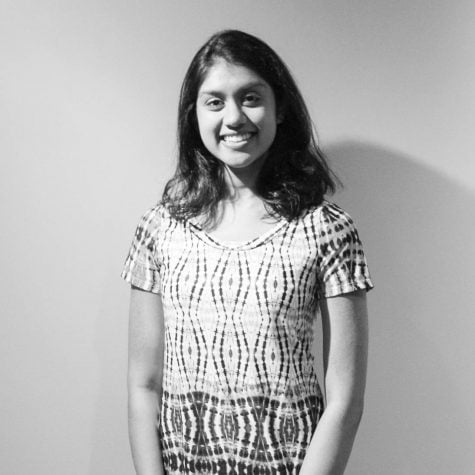“I came to the United States when I was 15 years old to a boarding school in New York,” said sophomore and Bonner scholar Hadis Daqiq.
Leaving behind her family, friends and rigid culture in Afghanistan, Daqiq empowered herself as a woman.
During the summers (in the United States), I attended two programs: Women2Women International Leadership Program in Boston and Girls’ Leadership Worldwide by the Eleanor Roosevelt Center,” said Daqiq.
“These programs bring high school girls together to build a community that they are lacking. The age between 14 to 18 is the age when a girl is growing up, beginning to identify herself and figuring out what category society will put her in.”
Having grown up in Afghanistan, Daqiq acknowledged the lack of such a community for girls in Afghanistan.
“In the society in Afghanistan, if you don’t want to marry, there is almost nothing you can do as a girl,” said Daqiq. “You are blocked out without any support. You lack role models. You are unable to see women in society you can look up to and say, ‘I want to be like them.’”
Motivated to provide an outlet for young girls in Afghanistan, Daqiq partnered with Guilford College’s Center for Principled Problem Solving and the Bonner Center for Community Service and Learning to organize The Girls Leadership Conference in Kabul.
“In my project in Afghanistan, we gathered girls and we did the Women2Women program that I did in Boston with some modifications,” said Daqiq.
For three weeks, Daqiq gave 20 girls in Kabul the chance to explore new opportunities, engage in meaningful conversations and understand the potential of a woman.
“We started the program by inviting different powerful women, including women in Parliament and artists, to speak,” said Daqiq. “We took the girls on field trips and organized volunteer work.”
Daqiq surpassed the obstacles of hosting the conference in the midst of Taliban violence.
“We had to cancel the first day of our program because there was another explosion,” said Daqiq. “But we moved the program to the next day. That’s the thing: in Afghanistan, violence is not a surprise.
“Just like you eat a meal every day, you get attacked every day.”
Despite any violent setbacks, Daqiq successfully hosted the first Girls Leadership Conference in Kabul and provided 20 girls with a support system.
“In the beginning, these girls did not even know how to laugh,” said Daqiq. “At the end of the program, they were sharing what they were feeling with their sisters, their new family.”
On Sept. 20, Daqiq shared her experiences with Guilford College in a ChangeMaker Chat. During her presentation, Daqiq inspired attendees with her passion, drive and the outcome of her project.
“Going to Afghanistan to set up a training for women and girls in order to inspire them and expand their worldview isn’t something a typical college student thinks about as a way spend their summer,” said sophomore Christopher Collins. “When speaking about how commonplace bombings, death and attacks were, Hadis reflected the nonchalant attitude of Afghan people. We often take peace for granted.”
In an hour-long presentation, Daqiq facilitated a greater perspective of Afghanistan.
“For many, Afghanistan is a problem, not a country,” said Volunteer Training Coordinator for the Bonner Center Andrew Young. “Most news we hear or read about will be negative (and) has been negative. It becomes a one-dimensional place and its people (become) a one-dimensional people.
“Hadis’ project reminds us the war we waged has not made vulnerable people safer, given them more choices or a better future. The hope she brought to the girls she worked with was based on realism, not romantic ideals.”
Daqiq’s presentation concluded with a resonating applause and solemn appreciation.
“Hadis is an example and role model for many girls who live in oppressive systems,” said Bonner Center Community Scholar Coordinator Susan May ’10.
“She understood the hardship of young girls in Afghanistan and felt it was important for her to go there and let young women know that there are choices in life and that their lives are valuable.”


